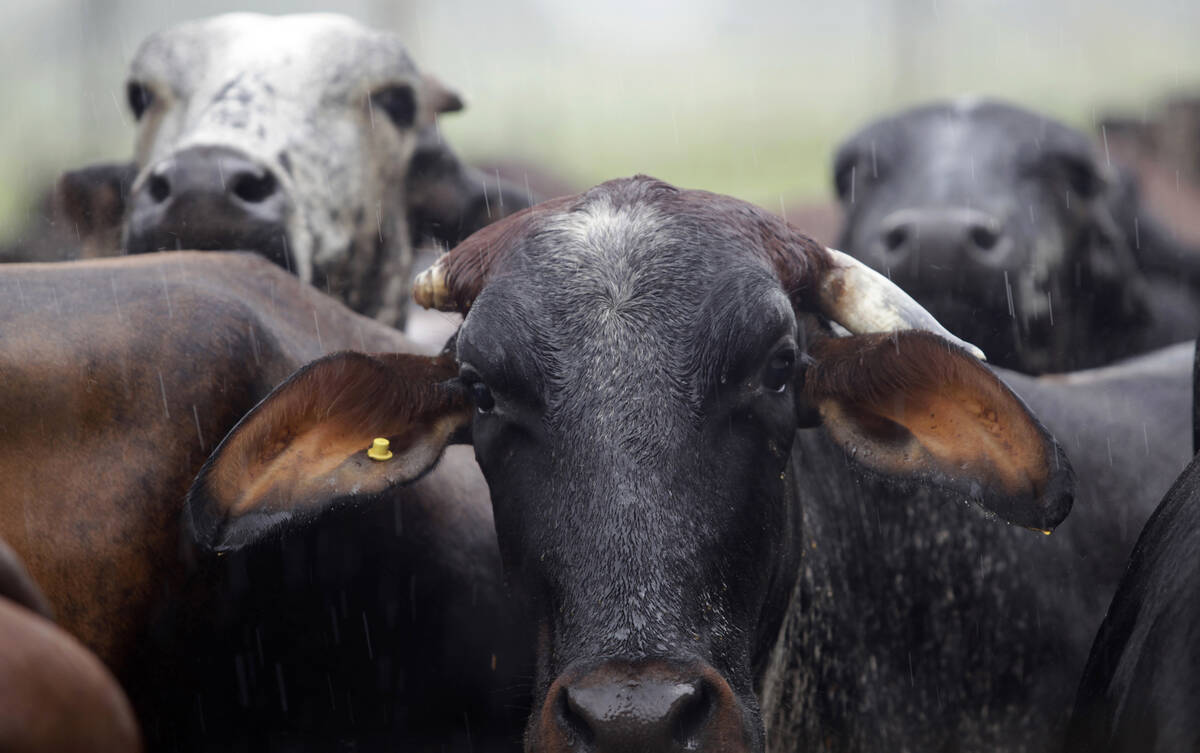What would you do with $1.75 million?
Happy researchers at the Vaccine and Infectious Disease Organization in Saskatoon don’t have to wonder.
They’ll be using $1.75 million in new funding over the next three years to find a better way to treat bacterial infections in animals. The project will begin with poultry and swine, but could also have implications for cattle.
“The project is designed to use stimulators of the immune system to either replace or complement antibiotics in livestock production,” said VIDO director Lorne Babiuk.
Read Also

Global meat packer prepares for cattle shortage
Brazilian meat packer JBS is preparing for a likely shift in the country’s cattle cycle that could lead to reduced availability of animals for slaughter next year.
Antibiotics have long been used to treat bacterial infections in humans and animals, but because bacteria develop resistance to antibodies, the effectiveness of treatment goes down over time.
No new classes of antibiotics have been developed in the last 20 years, according to a VIDO News release
news, which makes it even more important to develop treatment substitutes as disease resistance increases globally.
“There’s a lot of pressure on (poultry, cattle and swine) producers to reduce the amount of antibiotics because of resistance, especially in humans,” Babiuk said.
VIDO researchers hope to identify peptides that may stimulate innate immunity in animals and directly kill bacteria. Peptides are molecules that can allow the creation of antibodies. If researchers can figure out a way for an animal’s immune system to destroy bacteria, less or no antibiotics would be needed to treat infection.
“We’re using a more natural approach,” Babiuk said.
The non-profit organization is operated by the University of Saskatchewan and received the funding from Agriculture Canada.














